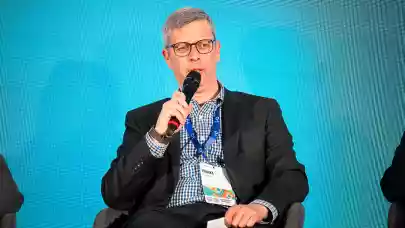
YIT has announced its record sales in 2024, selling 416 units in connection with the gradual market recovery, representing a more than double increase compared to 2023 with 198 apartments.
Last year, YIT carried out its first expansion outside Prague – entering the Kladno market and preparing its first residential area in Brno. The company also continued construction in the capital, where it launched four new projects. YIT also has projects in various locations in Prague in the pipeline.
"It was a truly groundbreaking year for us, we crossed the borders of Prague for the first time and entered two new cities, Brno and Kladno. We consider both new locations to be very promising," said Marek Lokaj, CEO at YIT Stavo, adding: "Last year was also successful for us in terms of sales. In connection with falling mortgage interest rates and a revival of interest from buyers, we sold a total of 416 residential units, which represents the highest number ever during our operation in the Czech Republic. This confirms that the real estate market has gradually started to grow again. For 2025, we expect the established trend to continue. However, real estate prices will continue to rise due to the shortage of apartments and rising demand."
As part of construction in the regions, which is one of YIT's key strategic goals, the company has launched the Portti Kladno project. In cooperation with the RSJ investment group, the developer is preparing the first Brno project, Kalevala, in the Židenice district, where more than 750 apartments and commercial premises will be built in several stages. Construction should start this year. In the coming years, it is preparing a larger project, Virta Kladno, in Kladno with approximately 800 apartments.
YIT emphasises its commitment to reducing greenhouse gas emissions as part of the Science Based Targets initiative. In its ESG strategy, the company has committed to reducing emissions in its activities by 90% and emissions in the supply chain by 30% by 2030 compared to 2019.



